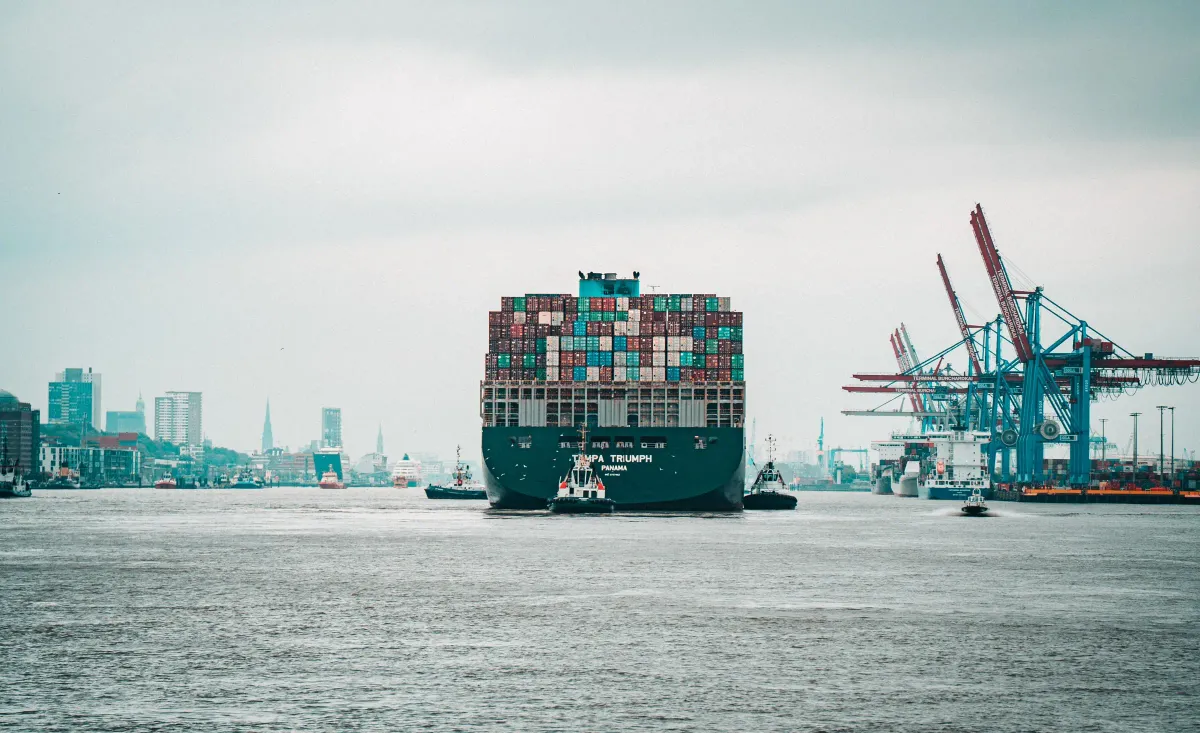
Legally compliant supply contracts
In this webinar, you will learn how to conclude legally compliant and profitable supply contracts (B2B) using practical examples, sample clauses and the latest case law.

Guaranteed legal certainty for medium-sized companies.

In this webinar, you will learn how to conclude legally compliant and profitable supply contracts (B2B) using practical examples, sample clauses and the latest case law.

In this webinar, you will learn how to conclude legally compliant and profitable contracts worldwide using practical examples, sample clauses and the latest case law.

In this webinar, you will learn how to use suitable Incoterms® in your international supply contracts using practical examples.

The indemnity clause is one of the most important provisions in an international commercial contract. In practice, however, it is not used correctly. Time for a critical analysis from the perspective of the indemnifying contracting party.

Selected, freely accessible specialist literature and materials on international business law.

Inaccurate, redundant, or outdated contract language causes problems. Here are some examples and suggested wording.

The usual exclusion of private international law in choice of law clauses is superfluous and wrong. The solution is simple.

From March 20, 2024, companies are obliged to include a clause in their contracts for the sale, supply, transfer or export of certain goods and technologies to third countries that contractually prohibits re-export to Russia ("No-Russia" clause).

The Hamburg Guidelines support courts, experts and parties in dealing with foreign law in international legal disputes. They present the relevant legal framework in a compact form and provide a number of practical recommendations for action.

Timeless "lessons" from the Simple Sabotage Field Manual by the United States Office of Strategic Services (1944) on sabotaging an organization. And yes, it's ironic.

This guidance paper is relevant to users of the lncoterms® 2020 rules for shipping goods in containers through ports anywhere in the world.

GeschGehG: Requirements for confidentiality measures and burden of proof when protecting trade secrets. Current judgments, practical tips and legal guidelines.